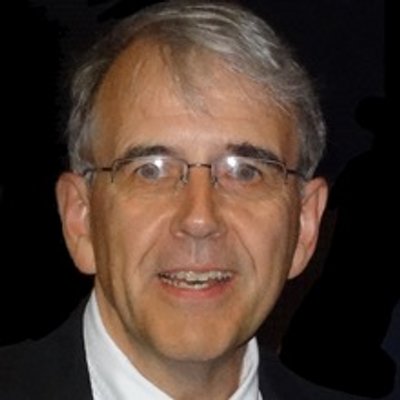GLOBAL APPEAL 2016 To end stigma and discrimination against people affected by leprosy
GLOBAL APPEAL 2016
To end stigma and discrimination against people affected by leprosy
Statement by Dr. Otmar Kloiber
Secretary General of the World Medical Association
Tuesday, January 26, 2016 – Tokyo, Japan
Honorable Chairman of The Nippon Foundation,
Mr. Sasakawa,
Distinguished Guests,
First of all, let me express the gratitude of the World Medical Association for your initiative to support the victims of Leprosy, to fight stigma and discrimination. But let me also say thank you for involving the World Medical Association in this appeal.
Coming from a country where leprosy can only be seen on TV, your visit to the World Medical Association in 2011 and your invitation to join the Global Appeal was a wake-up call for me. We all too often see only what we are used to seeing, or what we want to see, and Leprosy, I must confess, was not on our list.
The World Medical Association usually does not focus on individual diseases or illnesses. Since the organization was founded in 1947, we have been the global platform for developing the rules for the medical profession. When we speak out about a single disease, we do this because we know it needs our attention. Leprosy needs the attention of all of us.
On the initiative of the Nippon-Foundation, the World Medical Association in 2011 recommended all National Medical Associations ”to defend the right of people affected with leprosy and members of their families, that they should be treated with dignity and free from any kind of prejudice or discrimination. Physicians, health professionals and civil society should be engaged in combating all forms of prejudice and discrimination.”
Although it can affect everybody, those populations around the world which are economically disadvantaged clearly appear to be more affected than affluent communities.
“The social determinants of health (SDH) are the conditions in which people are born, grow, work, live, and age, and the wider set of forces and systems shaping the conditions of daily life,” according to the WHO.
The diagnosis of leprosy came and unfortunately still comes with the mechanisms of stigmatization and segregation. This drives patients with leprosy and their families into an even steeper downward social spiral. A development that is unfair, unnecessary and damaging.
We now know that our efforts in looking for the causes of the disease have to go beyond the mere pathophysiology of an ordinary infection. It is not by chance or geography that leprosy has vanished from more equitable and affluent societies, the connection between both living conditions and illness has to be better understood and researched. We have to look for the causes of the causes.
The Declaration of Oslo on Social Determinants of Health states that, “While health care will attempt to pick up the pieces and repair the damage caused by premature ill health, it is these social, cultural, environmental, economic and other factors that are the major causes of rates of illness and, in particular, the magnitude of health inequalities.”
Although, I have not seen the final figures for 2015, I think it is already safe to say that we have not met our aims. In 2014, more than 14,000 new cases of grade 2 (visible) leprosy were detected. The target of reducing grade 2 cases by 35% per 100,000 population, as set by the WHO, has probably been missed.
The improvement in access to treatment, the avoidance of stigma, rejection and social exclusion are crucially important factors in serving those patients infected with leprosy and their families. However, I am convinced that more has to be done to understand and to improve the conditions that nourish the disease.
During the 2012 Global Appeal, the presidents of 50 National Medical Associations and the WMA pledged to “affirm the right of people affected by leprosy to receive treatment at any hospital. We call for an end to discrimination against them and their families. We support their right to live in dignity as full members of the community with equal access to opportunities and enjoying all their human rights.”
I am convinced that it is high time to step closer and look deeper into the causes of the disease. Antibiosis is good, but for the eradication of the disease it is obviously not enough. It is time to address the social determinants of this disease in order to make it go away for good.
Mr. Sasakawa, staff and volunteers of the foundation. I applaud you for your work. You can be proud of your achievements and they should guide us in the way forward.
Ladies and Gentlemen: Thank you very much.

